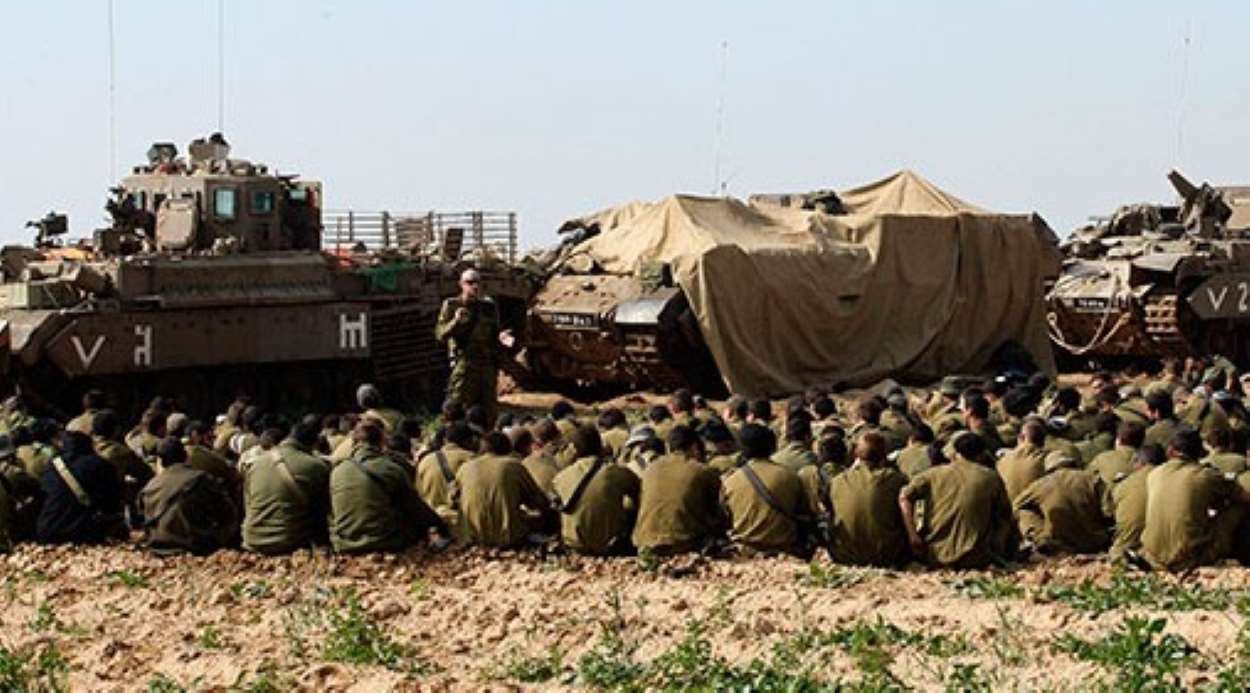Israel commenced a partial retreat from southern Gaza, marking a significant yet incomplete step back six months after conflict erupted on October 7.
Israel’s partial retreat from Khan Yunis, a heavily battered city, as residents displaced by the war ventured from distant shelters in Rafah, hopeful of returning home. An Israeli security analyst remarked that this retreat does not end the conflict. The Israeli military maintained a considerable presence in other parts of Gaza, with Prime Minister Benjamin Netanyahu asserting a nearing victory.
Muhammad Yunis, a 51-year-old resident of northern Gaza, expressed profound loss amidst the devastation. He lamented the ongoing suffering and destruction with the remnants of conflict underlining the region’s landscape.
On a day anticipated for truce discussions in Cairo, Netanyahu emphasized that any ceasefire would be contingent on the hostages’ return. The pressure on him intensifies, fueled by demands from hostages’ families and a revitalizing anti-government movement.
The global community has increasingly criticized Israel following the deaths of seven aid workers from the US-based World Central Kitchen due to a drone strike. The war has transformed vast swathes of Gaza into ruins, prompting concerns of a potential famine. Netanyahu faces significant pressure from the United States, urging towards a ceasefire and enhanced aid provision to Gaza.
Efforts to resume truce and hostage negotiation talks are underway in Cairo, involving US, Qatari, and Egyptian mediators. The situation remains dire, with ongoing military operations and the humanitarian crisis escalating fears of a broader conflict, particularly after Iran vows retaliation for an airstrike on its embassy in Damascus. Amidst this backdrop, Israeli protests demand immediate electoral action, highlighting the public’s call for resolution and change.






